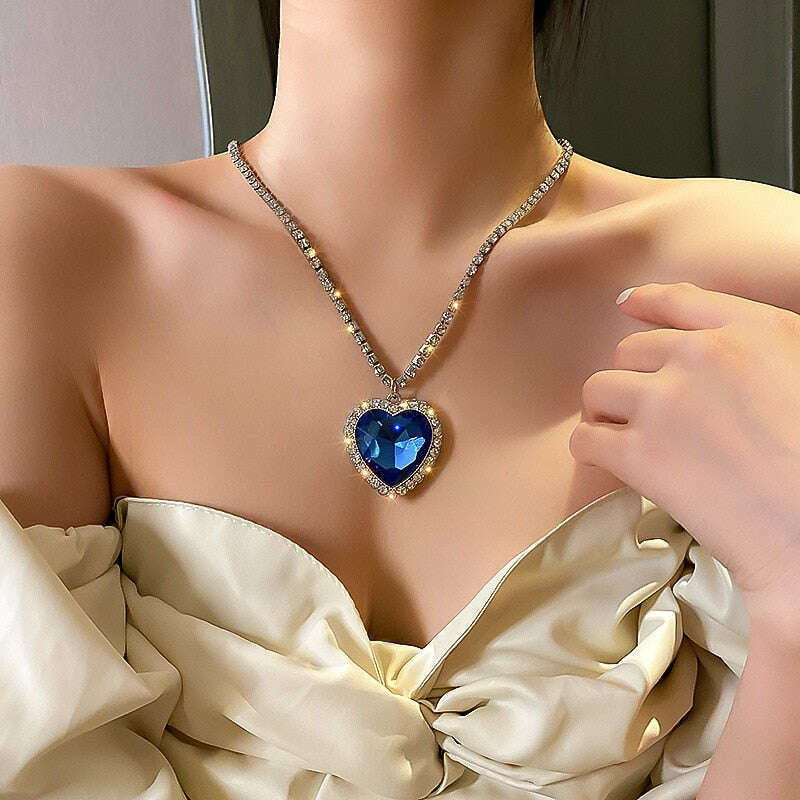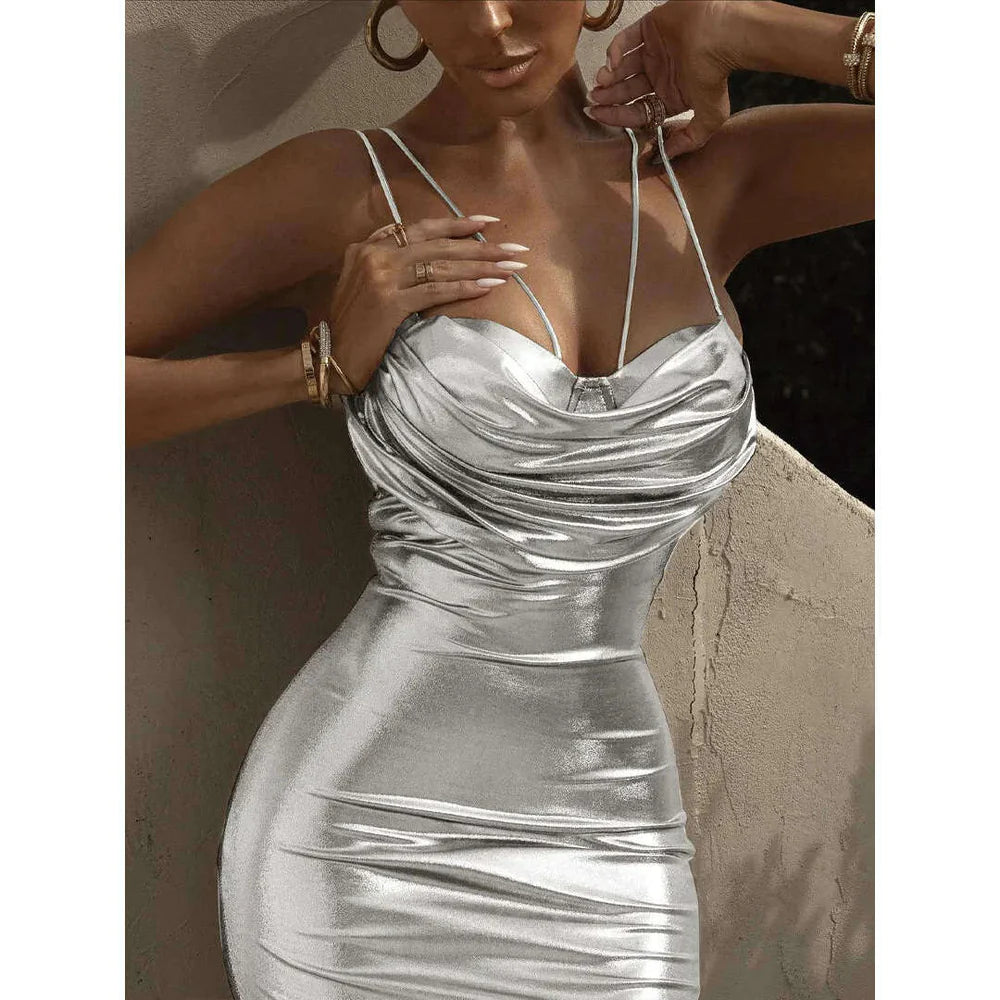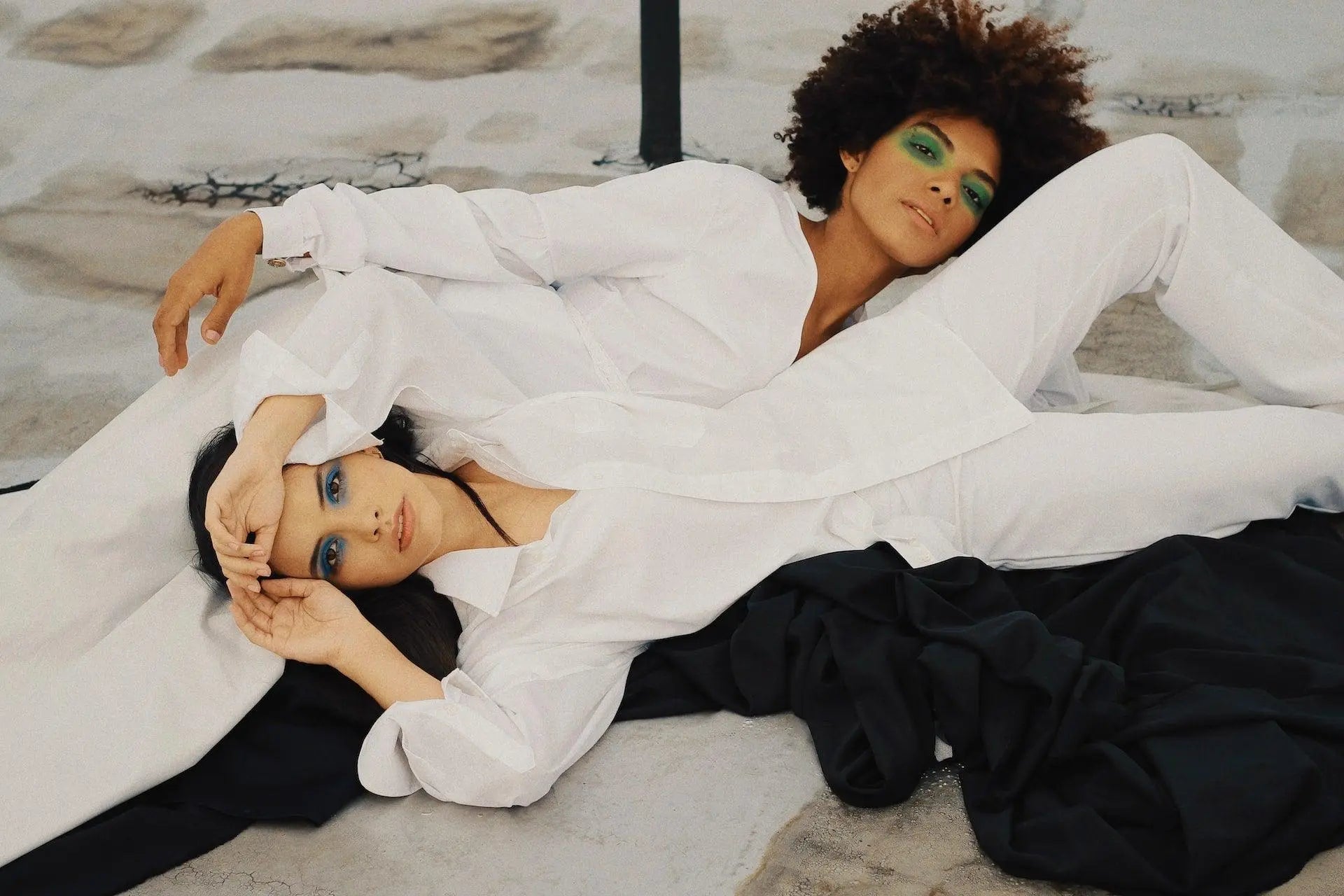
How France built his luxury perfume reputation
How France built his luxury perfume reputation
Perfume making in France has changed considerably throughout the years, both in terms of technique and ingredients. French perfumery has evolved into an art form over the course of many centuries and several societal shifts.
Perfume's arrival in Europe
Perfume may have been there since the beginning of time, but it took a few more years for the French perfume industry to emerge and become as influential as it is today. The ancient Egyptians and Greeks and Romans were responsible for some of the earliest and most sophisticated scent creations. At first utilized in sacred ceremonies, its seductive qualities soon became apparent. Europe and the East saw a proliferation of trading stations as commerce exploded during this period.
Once the Crusaders return to Europe in the 13th century, perfume is introduced to the continent. These knights brought with them exotic fragrances and innovative grooming practices. The practice of topically applying fragrant substances to the skin became widespread. Some people began macerating in "vinegars" to make perfumed concoctions, while others did the same. In 1370, the Queen of Hungary's water is used to create the first ever French perfume. The aroma is derived from an alcoholate of rosemary, which is lauded for its beauty and medicinal benefits.
Creation of the first French perfumes
Renaissance perfume
It was not until the Renaissance that Paris overtook Venice as the hub of perfume production in Europe, but even then, Venice remained at the forefront. The entrance of Catherine de Medici and her perfumer, René the Florentine, to the French court in the 16th century helped establish perfumery as a cultural emblem of France. Grasse also becomes popular around this period. The city's rise to prominence is largely due to its expertise in growing perfume plants and creating fragrant essences. Over the next years, notably during the reign of Louis XIV, the reputation of French perfume grew. He was a huge fan of perfume, and he scented the whole court, from the floor to the ceiling, with his favorite aromas. As a result, the world over grew to associate exquisite perfume with the affluent and cultured French.
The beginning of French perfume history
Every member of the French bourgeoisie will attest to the efficacy of perfumed items, from scented powders to impregnated textiles. Because of this emerging market, artisan perfumeries can now be found all throughout Paris. L.T. Piver opened " la Reine des Fleurs" in 1774, a store specializing in the sale of expensive fruit liquids. You might say that this perfume shop was ground zero for the industry in this nation. Other artists would follow in its footsteps, like Jean-François Houbigant, who one year afterwards used the sign " la Corbeille des Fleurs" just on Faubourg Saint-Honoré. Perfume, which had become the emblem of an excessively wealthy royal family, will have its history abruptly cut short by the French Revolution. The current resting place, however, will not be the last. A revival of the French perfume industry is expected to occur over the next several years.
Fragrance producers in France
Recruiting individuals with a very acute sense of smell was crucial to the tremendous rise of the perfume business. To this day, the so-called "noses" still work there, and their expertise is valued at a premium. All of the major perfume companies across the world compete for the services of the about 50 people who are considered "experts" in this field.
Grasse is home to a number of venerable perfume houses, including Galimard Parfumeur (founded in 1747), Molinard Parfumeur (founded in 1849), as well as Fragonard Parumeur (called after a regional brilliant artist, Jean-Honore Fragonard).
The Contemporary Perfumery of France
A magnificent hygienic epoch under Baron Haussmann at the close of the 19th century gave Paris a significant boost. The city was able to breathe easier after this major "cleaning," which also helped pave the way for the widespread promotion of synthetic fragrances. Grasse helped Paris become the scent capital of the world by providing essential ingredients. The major perfume houses became well-known and attracted rich customers from all over the world. The assurance of quality and originality that comes with the words "Paris" or "made in France" has spread over the world. The Guerlain family provided substantial funding for this effort. French contemporary perfume Jicky was approved off by the house in 1889. Aimé Guerlain was a founding member of the Union Nationale du Parfum de France.
The world's perfume capital is an honorable moniker.
Many of the world's most prestigious fragrance houses have their origins in France, which makes sense given the country's long and illustrious history in the perfume industry. Given that France is the birthplace of such illustrious fashion houses as
- Dior
- Guerlain
- Lancôme
- Laurent
- Chanel
- Yves Saint
- Chloe
- Thierry Mugler
In addition, many international brands choose to work with France's top perfume makers, who are widely regarded as among the industry's most accomplished professionals.





